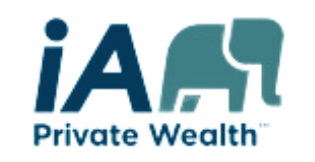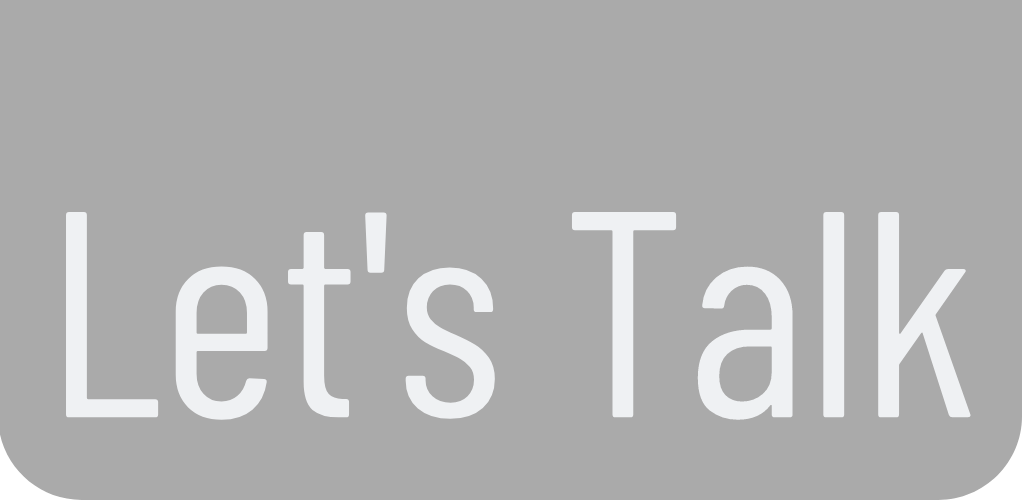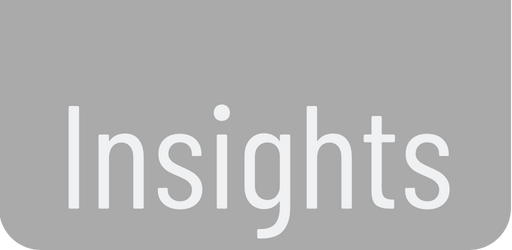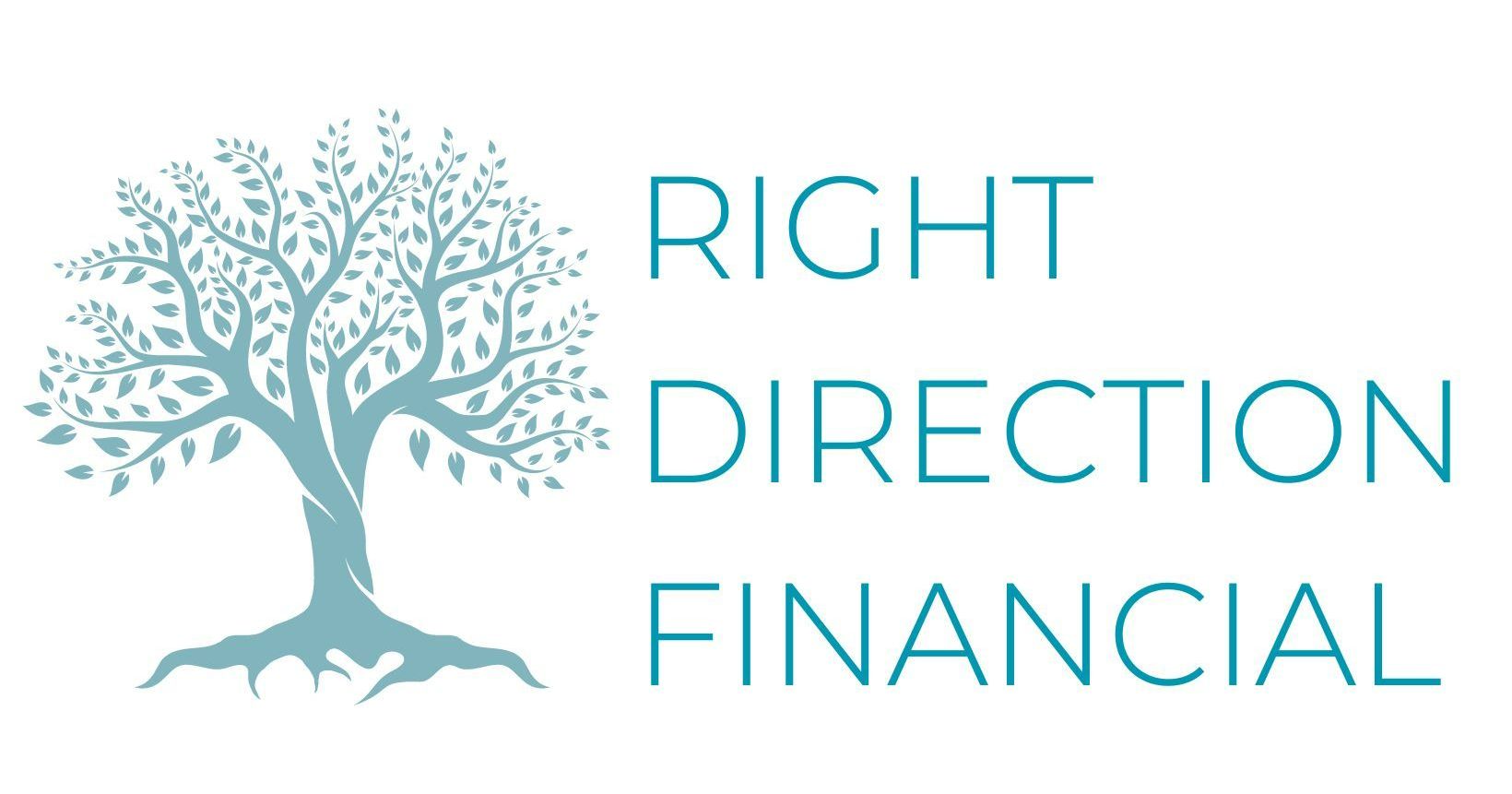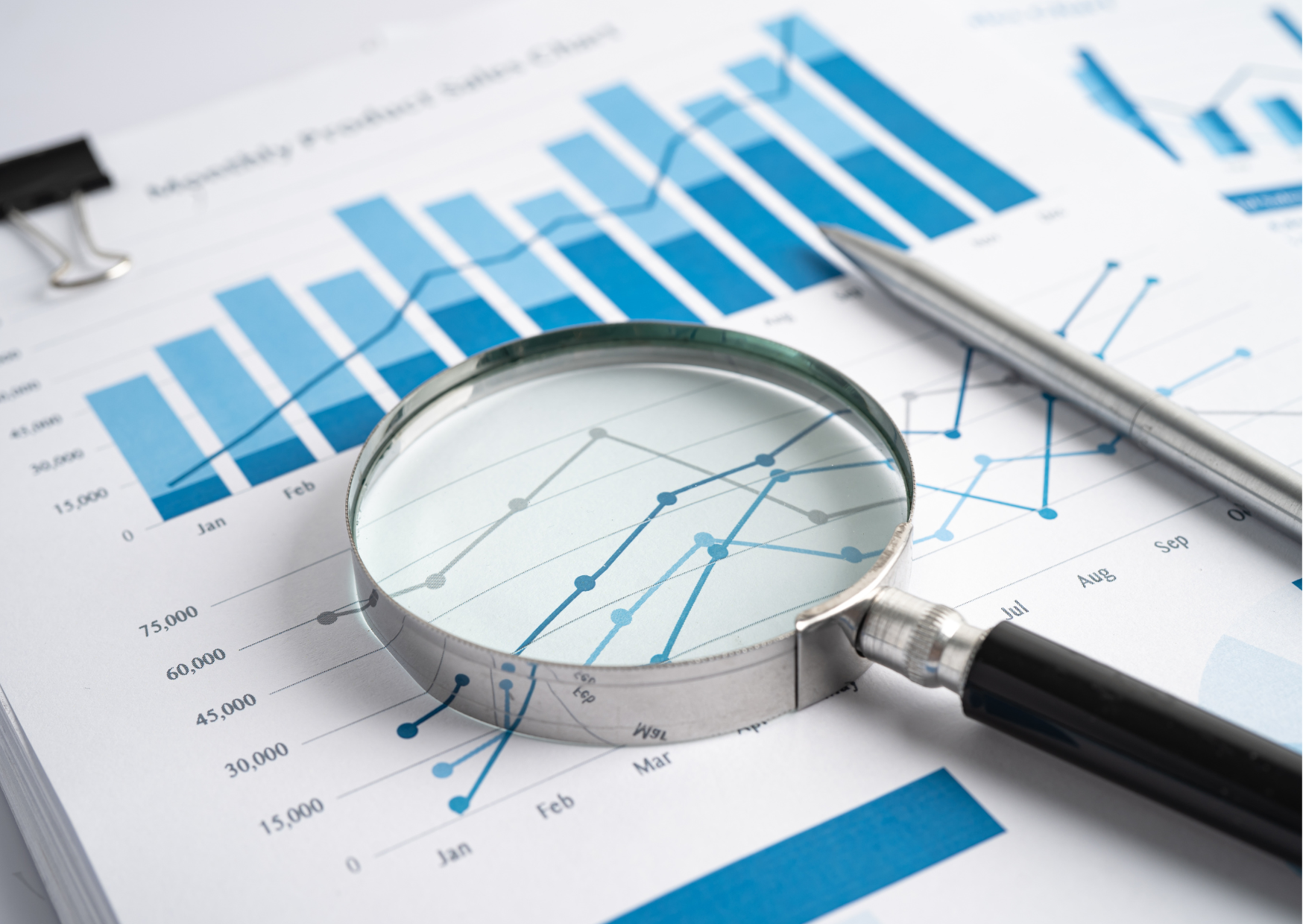The Reality of Being “House Rich, Cash Poor” in Retirement
In Canada, owning a home is practically a national pastime.
For many, buying property is viewed as the ultimate financial milestone. But there’s a hidden downside to this mindset: some Canadians reach retirement house rich but cash poor. In other words, they may own a valuable home, yet lack the liquid assets and income needed to fund a comfortable retirement.
It often begins with stretching your budget to buy a house, under the assumption that building home equity will set you up financially in the long run. Fast forward a few decades, and while your property may be worth a fortune on paper, most of that wealth is locked away—leaving you with limited resources to cover daily living expenses.
Qualifying for GIS
Many seniors wonder: Can I qualify for the Guaranteed Income Supplement (GIS) if I own a high-value home but have little in the way of other financial assets? The surprising answer is yes. GIS eligibility is based on income and marital status, not the value of your assets—including your home.
Taking Out a Mortgage Later in Life
What happens when a senior who owns their home outright starts running out of savings? There are generally two options:
- Take out a mortgage to free up some cash to invest or spend.
- Sell the home and switch to renting.
Both options have pros and cons and should be carefully weighed based on your financial situation and personal preferences.
The Problem with Tied-Up Wealth
The core issue with being house rich and cash poor is that home equity isn’t easily converted into spendable cash. If you have savings in a TFSA, RRSP, or RRIF, you can move money into your chequing account at any time. But accessing your home’s value is more complex—and often costly.
This is why some retirees are sometimes referred to as “poor millionaire homeowners.” For example, in 2021, nearly 7,000 seniors in Toronto’s 50 wealthiest neighborhoods owned homes valued at over $1 million, yet they were living on incomes below the poverty line.
Options for Accessing Home Equity
If selling your home isn’t appealing, borrowing against it is another option. Two of the most common strategies are a Home Equity Line of Credit (HELOC) or a reverse mortgage. But both come with important considerations:
- HELOCs
HELOCs allow you to borrow up to 65% of your home’s value and transfer funds quickly to your chequing account. However, interest rates are no longer cheap—currently ranging between 5.45% and 5.95%. If used for long-term income, interest payments can easily become unsustainable.
- Reverse Mortgages
Reverse mortgages are designed for older homeowners needing regular cash flow. You borrow against your home’s value without making monthly payments; instead, the interest compounds and is repaid when you sell the home.
However, reverse mortgages have significant drawbacks:
- High interest rates: Typically between 6.6% and 8%, which causes debt to grow rapidly.
- Eroding home equity: Over time, compounding interest can consume most of your equity.
- Fees and penalties: Setup fees can be high, and early repayment often triggers penalties.
- Reduced inheritance: Your heirs may receive little or nothing after the mortgage is repaid.
- Impact on benefits: While reverse mortgage proceeds aren’t taxable income, they can affect eligibility for certain government benefits.
A Word of Advice
If you’re still working and worried about future retirement income, it’s wise to secure a HELOC now, while it’s easier to qualify. And if you’re planning to buy a home, choose one that allows you to save adequately for retirement.
Ultimately, being house rich and cash poor is a fixable problem—but it usually requires making tough, informed decisions.
Careful planning can help you maintain financial flexibility in retirement without sacrificing peace of mind.
Source: www.macleans.ca
